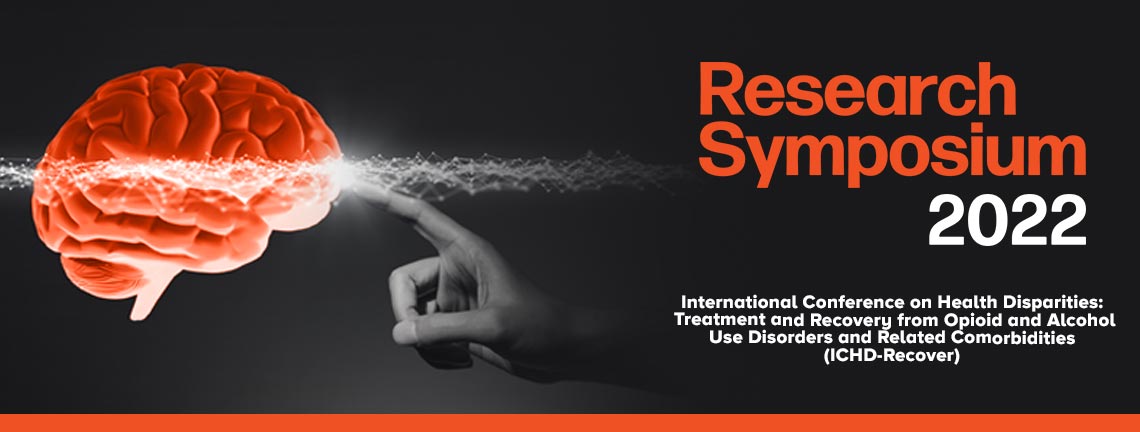
Posters
Presentation Type
Poster
Discipline Track
Clinical Science
Abstract Type
Research/Clinical
Abstract
Background: Many residency programs provide some type of leadership training for chief residents. As these emerging leaders transition into their role, it is imperative to provide them with skills and knowledge to help them develop their leadership style. UTRGV’s department of Graduate Medical Education (GME) organized their first “Resident Leader Workshop” for all rising Chiefs and GME Resident Leadership Council (RLC) members. Using a pre and post survey, participants provided feedback on the effectiveness of knowledge and skills presented during the workshop.
Methods: All residency and fellowship rising Chiefs and GME RLC members were invited. The workshop took place on May 25, 2022. It was a live event from 12:00-5:00pm at the School of Medicine Learning Center. The following topics were covered during the workshop: Middle Management Principles and Role Analysis, Well-being and Resilience, Personality Styles, Feedback, Conflict Management, and Leadership Tips. Participants completed pre and post surveys that were created on Qualtrics and delivered with QR codes. Time was allotted during the workshop to complete the surveys. Results analyzed from de-identified data from participants on their perception of effectiveness, strengths, and suggestions for improvement are presented below.
Results: A total of 14 participants (5 females, 8 males, 1 gender variant/non-conforming), representing 11 residencies and 2 fellowship programs were present and completed the surveys. 4 participants had some type of previous training in leadership. In both the pre and post surveys, administrative was ranked as the top responsibility and clinical was ranked as the least responsibility of a leader. Participant responses indicate an increase in preparedness and confidence in starting their roles as leaders and managing conflict. They ranked personality styles, feedback, and conflict management as the “most beneficial” topics. Additional analysis will be completed from the data to better document their responses and to inform next steps in leadership development at UTRGV GME.
Conclusions: The workshop helped the emergent leaders increase their confidence and preparedness in starting their new role as leaders and managing conflict. The workshop was effective, and the participants reported high satisfaction with the programming. Our goal is to continue providing leadership development.
Recommended Citation
Pareja, Heidi Y.; Chang, Chelsea H.; Aragon, Daniel; and George, Deepu, "QI in Resident Leadership Workshop" (2023). Research Symposium. 30.
https://scholarworks.utrgv.edu/somrs/2022/posters/30
Included in
Educational Leadership Commons, Educational Methods Commons, Interprofessional Education Commons, Quality Improvement Commons
QI in Resident Leadership Workshop
Background: Many residency programs provide some type of leadership training for chief residents. As these emerging leaders transition into their role, it is imperative to provide them with skills and knowledge to help them develop their leadership style. UTRGV’s department of Graduate Medical Education (GME) organized their first “Resident Leader Workshop” for all rising Chiefs and GME Resident Leadership Council (RLC) members. Using a pre and post survey, participants provided feedback on the effectiveness of knowledge and skills presented during the workshop.
Methods: All residency and fellowship rising Chiefs and GME RLC members were invited. The workshop took place on May 25, 2022. It was a live event from 12:00-5:00pm at the School of Medicine Learning Center. The following topics were covered during the workshop: Middle Management Principles and Role Analysis, Well-being and Resilience, Personality Styles, Feedback, Conflict Management, and Leadership Tips. Participants completed pre and post surveys that were created on Qualtrics and delivered with QR codes. Time was allotted during the workshop to complete the surveys. Results analyzed from de-identified data from participants on their perception of effectiveness, strengths, and suggestions for improvement are presented below.
Results: A total of 14 participants (5 females, 8 males, 1 gender variant/non-conforming), representing 11 residencies and 2 fellowship programs were present and completed the surveys. 4 participants had some type of previous training in leadership. In both the pre and post surveys, administrative was ranked as the top responsibility and clinical was ranked as the least responsibility of a leader. Participant responses indicate an increase in preparedness and confidence in starting their roles as leaders and managing conflict. They ranked personality styles, feedback, and conflict management as the “most beneficial” topics. Additional analysis will be completed from the data to better document their responses and to inform next steps in leadership development at UTRGV GME.
Conclusions: The workshop helped the emergent leaders increase their confidence and preparedness in starting their new role as leaders and managing conflict. The workshop was effective, and the participants reported high satisfaction with the programming. Our goal is to continue providing leadership development.

